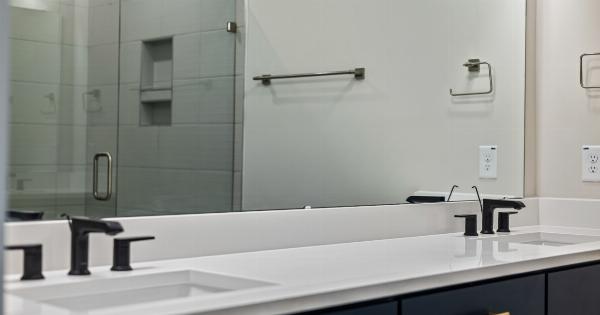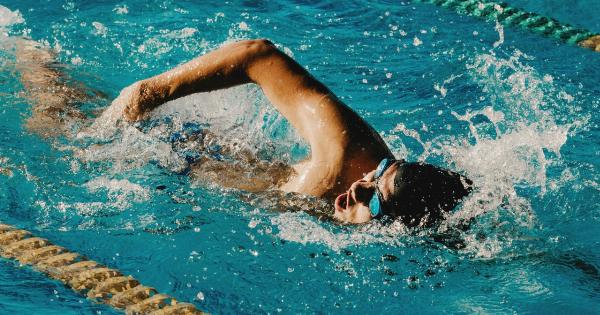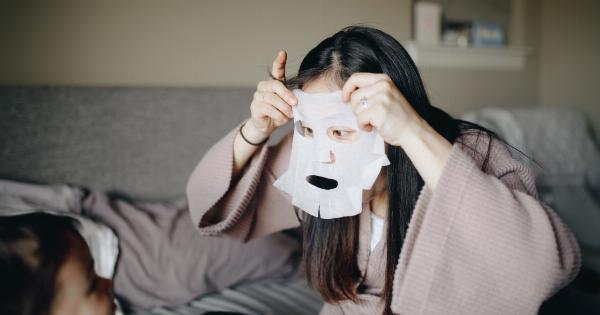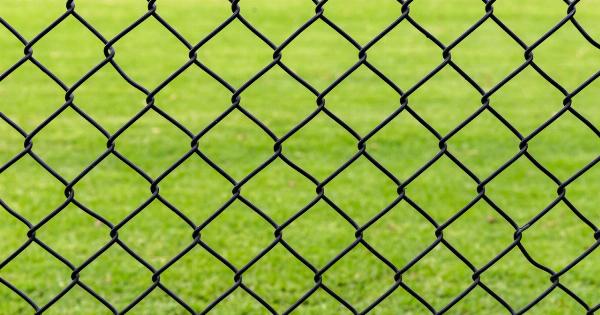Swimming in a pool is a great way to stay active and cool during hot summer months. However, it is important to keep in mind that pools can be a breeding ground for bacteria and other harmful pathogens. This is why pool hygiene is so important.
In this article, we will discuss the importance of pool hygiene and how to protect your eyes and mouth while swimming.
Why is Pool Hygiene Important?
If a pool is not properly maintained, it can become a haven for bacteria and harmful pathogens. Some examples of bacteria that can thrive in pools include Cryptosporidium, E. coli, and Legionella.
If you swim in a pool that is contaminated with these bacteria, you can become ill. Symptoms can range from mild stomach upset to serious respiratory infections.
One of the most important steps in pool hygiene is to make sure the water is properly balanced. This means maintaining the appropriate levels of pH, alkalinity, and chlorine. These levels must be checked regularly.
Failure to do so can result in cloudy water or water that is irritating to the eyes and skin.
Protecting Your Eyes While Swimming
Of all the parts of the body that are vulnerable to harm in a pool, the eyes are perhaps the most susceptible.
This is because they are exposed to the water for extended periods of time, and the water’s various chemicals and bacteria can be very irritating to the eyes. Here are some tips to help protect your eyes while swimming:.
Wear Goggles
Wearing goggles is perhaps the most effective way to protect your eyes while swimming. Goggles keep the water out of your eyes and prevent irritation caused by the water’s chemicals.
They also reduce the risk of infections like conjunctivitis (pink eye).
Avoid Jumping into the Water with Your Eyes Open
If you jump into the pool with your eyes open, the water can cause a stinging sensation in your eyes. This is because the water is flushing out natural tears that help to protect your eyes from irritants.
If you do jump into the water with your eyes open, be sure to rinse them with clean water as soon as possible to flush out any chemicals or bacteria.
Use Eye Drops
If your eyes become irritated after swimming, use eye drops to soothe them.
Look for eye drops that are specifically designed for use after swimming, as they will help to flush out any chlorine or other chemicals that may be still be present in your eyes.
Protecting Your Mouth While Swimming
Another body part that is vulnerable to harm while swimming is the mouth. If you inadvertently swallow pool water, you risk ingesting harmful bacteria, viruses, or chemicals.
While the chlorine in pools helps to kill bacteria, it can also irritate the throat and create respiratory problems. Here are some tips to help protect your mouth while swimming:.
Avoid Swallowing Pool Water
The most effective way to protect your mouth while swimming is to simply avoid swallowing the water. Keep your head above water whenever possible and try to avoid taking big gulps of water.
Rinse Your Mouth with Clean Water
If you do swallow some pool water, rinse your mouth out with clean water as soon as possible. This will help to flush out any harmful bacteria or chemicals that may be present.
In Conclusion
Swimming in a pool is a fun and healthy activity, but it is important to practice good pool hygiene to keep yourself and others safe. Protecting your eyes and mouth while swimming is key to avoiding illnesses and infections.
Remember to wear goggles, avoid swallowing pool water, and use eye drops and rinse your mouth with clean water if you do encounter any irritation.






























